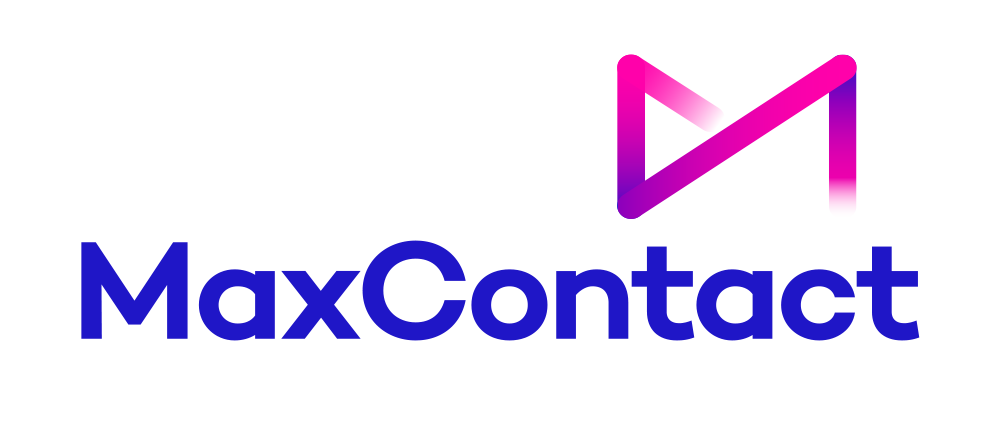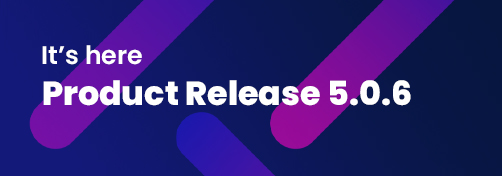DID (Direct Inward Dialling)
DID (Direct Inward Dialing) is a feature that allows callers to directly reach a specific extension or agent within a Private Branch Exchange (PBX) or a VoIP system without going through an operator or a receptionist.
Every outbound campaign will have a unique DID that will allow the customer to return the call if required.
In simpler terms, it allows for each employee within an organisation to have their unique phone number, enabling direct incoming calls to their desk phones, mobile devices, or VoIP endpoints.
What is a DID Number?
A DID number, also known as a Direct Dial-In (DDI) number or Direct Inward Dialing (DID) number, is a virtual phone number assigned to a specific individual or department within a business.
These numbers are associated with a company's PBX (Private Branch Exchange System) or VoIP system (Voice over Internet Protocol) and are used to route incoming calls directly to the chosen extension without the need for manual intervention.
They route directly to a certain phone or user within the business’ phone network, bypassing self-service systems and automated menus.
If you have a cloud-based system from a VoIP phone provider, you can use local numbers from anywhere in the world and assign them to your team members.
If, however, you use a PBX phone system, your telephone provider will assign you local telephone numbers based on your geographical location.
DID vs Toll-Free Numbers
Toll-free numbers tend to have a professional appearance, often beginning with a standard code that is easily recognisable. DID numbers, however, give your business a local presence, and have the appearance of a typical phone number.
How Does Direct Inward Dialling Work?
Now you understand what DID is, let’s explore how it works. Traditional landline PBX and cloud-based PBX both offer DID. However, the setup process can vary depending on whether your system uses PSTN or VoIP.
DID works by using your company’s PBX or VoIP system - when a caller dials a DID number, the call gets routed through the Public Switched Telephone Network (PSTN) - or through SIP trunks if you use VoIP.
The dialled number is then recognised by the telephone company, which forwards the call to the company's PBX.
Within the PBX, the dialled number then gets translated into an internal extension. This allows the call to be directed to the staff member’s desk phone, mobile device, or VoIP endpoint.
DID negates the need for manual intervention, ultimately streamlining communication within a business and improving efficiency.
What Are The Benefits of DID?
DID can have many benefits for your organisation, from improved customer experience and satisfaction to cost-savings and flexibility.
Improved Accessibility
DID numbers provide direct access to employees, departments, or specific functions within an organisation. This can hugely improve accessibility for both internal and external stakeholders.
Improved Customer Experience
DID can improve CX in several ways. First of all, it enables customers to bypass general routing systems and connect with staff members directly. This leads to quicker response times and happy customers. Likewise, if a customer needs to follow up about an inquiry, then can use the staff member’s DID number to reconnect with the same agent. Being passed around from agent to agent can be frustrating for customers, and DID can completely eliminate this.
Additionally, you can provide customers with relevant DID numbers that match the timezone and language of the customer, optimising communication and enhancing customer satisfaction.
Cost Efficiency
DID eliminates the need for multiple trunk telephone lines or telephone numbers. This reduces costs associated with traditional telecommunication setups.
Faster Routing
DID can lead to faster routing. When you call a DID number, you connect with the right person in a matter of seconds. This reduces waiting times and eliminates the frustration of IVR menus.
Many self-service menu options are vague and can be easily misunderstood - and callers often end up in the wrong destination. DID numbers connect you directly with the intended agent, which means that customers will no longer need to be redirected.
Flexibility
DID numbers can be configured to route calls to various devices, providing flexibility for staff members to stay connected from anywhere.
You can purchase DID numbers around the world, and adjust your marketing strategy to provide DID numbers to customers based on language or location. Toll-free numbers for direct dialling also allow customers to call agents from anywhere around the world without additional costs, providing a positive CX.
You could also opt for vanity numbers - which allow you to customise your numbers with certain letters or numbers. This can make it easier for customers to remember, and improve brand recognition.
Agents can also send and receive SMS text messages from DID numbers, allowing you to reach a larger customer base.
Who is Direct Inward Dialling For?
Direct Inward Dialing can be beneficial for organisations of all sizes. If you’re looking to optimise your current communication process, DID could be the perfect solution. Direct Inward Dialing is especially suitable for:
Medium to Large Enterprises - Organisations with multiple departments and a high volume of incoming calls can significantly benefit from DID by streamlining call routing and enhancing internal communication.
Remote Workforces - With more and more people working remotely, DID enables employees to stay connected to the company's communication network regardless of their location.
Sales and Marketing Teams - DID numbers can be used to track and measure the effectiveness of marketing campaigns by assigning unique numbers to different marketing channels.
Growing Businesses - If you’re a growing business, DID offers the flexibility to scale communication infrastructure without the need for excessive hardware investments.
Customer Service Centres - DID is the ideal solution for inbound contact centres. It allows for direct access to customer service representatives, improving response times and customer satisfaction levels.
Ultimately, Direct Inward Dialing (DID) revolutionises telecommunication by providing direct access to staff members or departments within an organisation.






